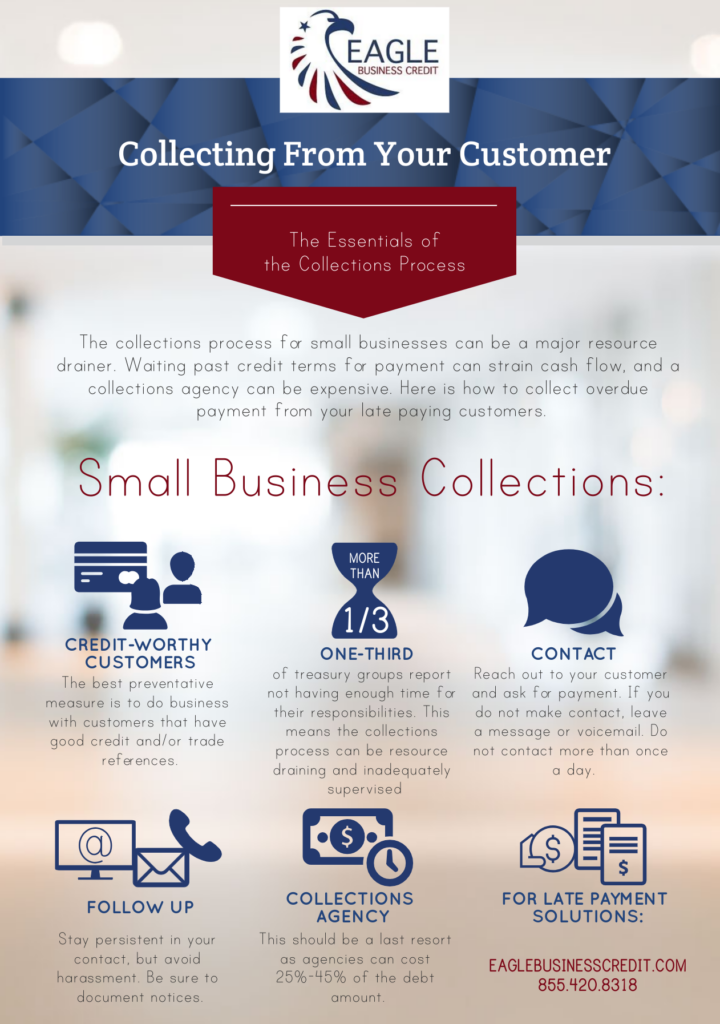In the unpredictable world of small businesses, adopting a proactive approach to cash flow management is not just a smart strategy; it’s a survival necessity. Rather than relying on a “wait and see” attitude, small businesses should take deliberate steps to fortify their financial resilience, preparing for all eventualities. Here is how to prepare for uncertainties before they become probabilities.
The Pitfalls of a “Wait and See” Approach
In the face of uncertainties, many small businesses often find themselves adopting a reactive “wait and see” approach, putting off financial decisions until circumstances become dire. However, this can lead to major consequences when unexpected challenges arise, such as economic downturns or sudden disruptions in the market. Many small businesses are disproportionately affected by recession, and not all financial hits to a company are caused by poor business practice. Put simply, stuff happens. By the time a crisis hits, it may be too late to implement effective measures, putting the business at risk of financial instability.
The Importance of Proactive Cash Flow Management
Proactive cash flow management involves preparing for potential challenges before they happen. Small businesses should focus on building cash reserves, diversifying, and exploring financing methods like invoice factoring to improve their available working capital. With forward thinking, small business owners can position themselves to weather storms and seize opportunities for growth.
Building Cash Reserves to Shield Against Uncertainties
Building cash reserves serves as a financial safety net, providing small businesses with a cushion during challenging times. Often, larger corporations are able to weather financial storms through their cash reserves. While it may be more challenging to build and maintain a healthy cash reserve, this is a worthwhile strategy for a small business’s proactive preparation for uncertainties.
Here are a few tips on how businesses can build and maintain robust cash reserves:
- Create a Realistic Budget: Establish a comprehensive budget that accounts for regular expenses, anticipated growth, and potential liabilities. A well-defined budget is the basis for building cash reserves.
- Cut Unnecessary Costs: Regularly review operational expenses and identify areas where costs can be trimmed without compromising productivity. Think about conserving cash that instead can be redirected to building reserves.
- Explore Additional Revenue Streams: Diversify revenue streams by identifying new products, services, or markets. Expanding the business’s offerings can improve cash flow and build stability.
- Negotiate Favorable Terms with Suppliers: Strengthen relationships with suppliers and negotiate favorable payment terms. Consider requesting extended payment windows to help preserve cash for other critical needs.
Unlocking Cash Flow Potential with Invoice Factoring
Invoice factoring is built for small businesses looking to optimize cash flow. This financing solution allows businesses to sell their accounts receivable or invoices to a factoring company at a discounted rate, providing immediate access to cash.
The benefits of invoice factoring include:
- Immediate Cash Infusion: By converting outstanding invoices into immediate cash, businesses can address pressing financial needs without waiting for customers to make payments.
- Improved Liquidity: Factoring improves small businesses’ available cash on hand, allowing small businesses to cover operational expenses, seize growth opportunities, and navigate economic downturns more effectively.
- Risk Mitigation: Invoice factoring companies often assume the responsibility of collecting payments from customers. This can help businesses mitigate the risk of late or non-payment, contributing to a more predictable cash flow.

Challenges to Small Business Cash Flow and the Importance of Preparation
Small businesses commonly face challenges such as late payments, seasonal fluctuations, and unexpected market changes, all of which can disrupt cash flow. It is essential to prepare for these challenges in advance, particularly before economic downturns or crises. By proactively managing cash flow, small businesses can reduce vulnerability and position themselves for long-term success.
Preparing Cash Flow for Eventualities
Small businesses should embrace a proactive approach to cash flow management, preparing for a spectrum of possibilities rather than waiting for a downturn to affect their unprepared business. Building cash reserves, factoring invoices, and addressing common cash flow challenges ahead of time are essential steps in building a financial safety net for small businesses. Through careful preparation, businesses can not only weather uncertainties but also thrive and seize opportunities for growth.

